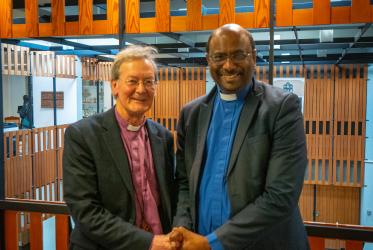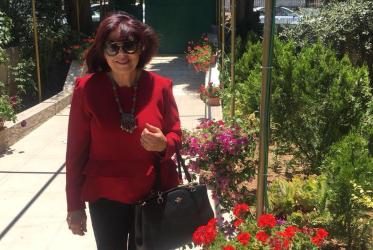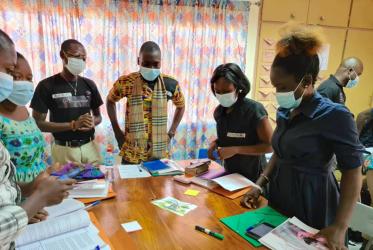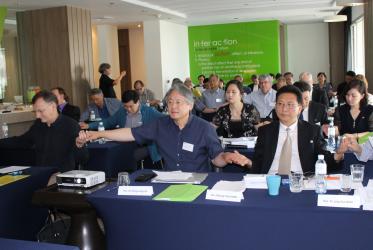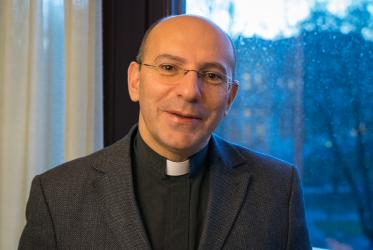Displaying 1 - 15 of 15
Clewer Initiative, WCC map course for even stronger collaboration
02 February 2023
Peace and unity on the Korean Peninsula matters globally
25 February 2021
A hopeful, but not optimistic Palestinian ecumenist
09 December 2020





